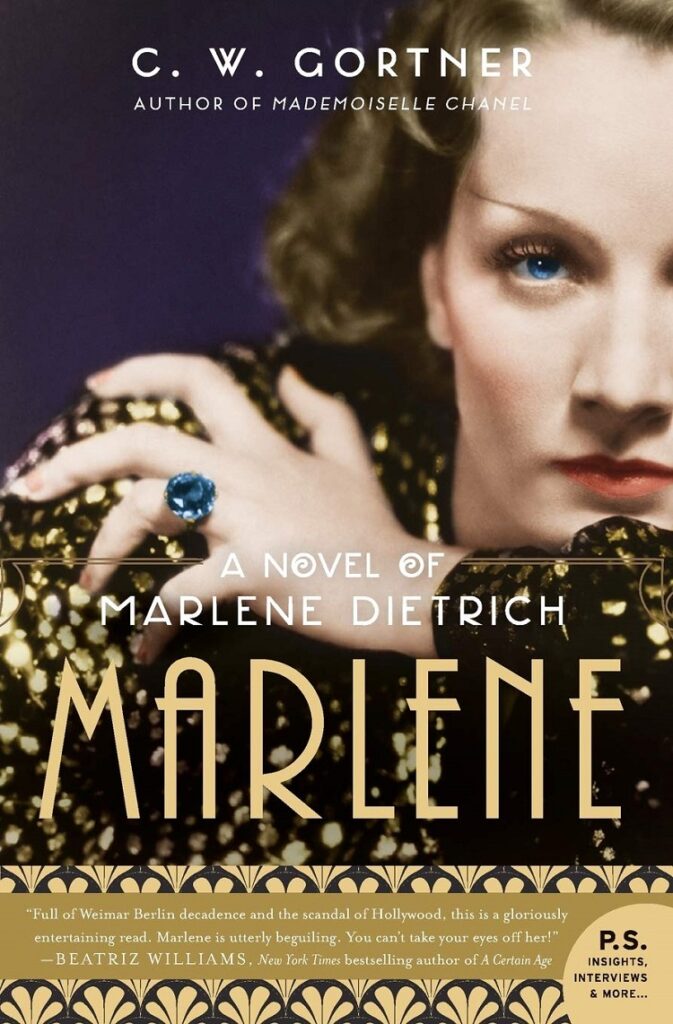
Written by Kristen Lopez
From a romantic adaptation to the world of classic Hollywood, here’s a trio of titles worth taking to the beach with you in June.
Me Before You by Jojo Moyes
In the interest of full disclosure, I entered into reading Jojo Moyes’ incredibly popular novel with a heavy dose of trepidation. As a disabled person myself, I abhor reading stories that take disabled characters and use them as inspirational totems and that’s what Me Before You is. Adapted and set for release in cinemas on June 3rd, the story follows Louisa “Lou” Clark (set to be played by Emilia Clarke) who is hired to be the caregiver to a quadriplegic man named Will (to be played by Sam Claflin). To reveal more would ruin the book’s surprises, although if you’ve watched any movie or read any book about a person with a presumed death sentence, you should be able to deduce the film’s twists. As a novel it’s well-written and will definitely engage able-bodied readers who enjoy melodrama. As a disabled person, though, I was left frustrated and irritated. As with past works, this is another “live your life, because life could turn around and cripple you at any minute” type of story. The audience identifies with Lou, not Will, and thus Will’s problems are presented as exaggeratedly horrible as they can be. I know there’s an audience for this, and there will be for the movie, but I’m prepared to roll my eyes and say “Yes, this is so how disabled people are” (note the dripping sarcasm). And, to note, this is supposedly book one in a series…where the hell this could go is beyond me.
Marlene by C.W. Gortner
Moody, sensuous, mysterious. All words used to sum up the allure of the incomparable Marlene Dietrich. Author C.W. Gortner, author of Mademoiselle Chanel, casts his eyes on another glamorous figure, showing us Dietrich’s world leading up to WWII and her meteoric rise to fame. Gortner blends facts and conjecture, at times creating a compelling story of a woman torn between motherhood and career, Germany and Hollywood, and indulging in romantic literature with all the sex that implies. It is the latter that prevents Marlene from being a classic, as too often it feels like actor names are peppered there purely to inspire response – “I know Gary Cooper!” “Look, it mentioned Anna May Wong” – and many times these interactions end with Dietrich seducing said figure. Though Dietrich had her fair share of lovers, it becomes a taste excessive and pulpy. But Gortner definitely encapsulates the style and flair of Germany pre-WWII, with its shadowy underground of homosexual cabarets, and freedom. His Marlene is alluring, passionate, and upset by her own flaws. Fans of classic cinema, both fact and fantasy, will want to give Marlene a look.
I Am Not Ashamed by Barbara Payton
In 1963 actress Barbara Payton penned I Am Not Ashamed, a trip through Payton’s wild and drunken world of prostitution. With many old Hollywood stars realizing the world was no longer their oyster, you saw a lot of them turn to the lurid autobiography market. Best known for her work opposite James Cagney in Kiss Tomorrow Goodbye (1950), Payton’s personal life saw her homeless and working as a prostitute. Reading Payton’s words is a lesson in patience, as she boozily moves from telling stories about her life and career to offering advice to avoid following the same mistakes she did. At times it’s like listening to your drunken aunt recount stories about her past and then tell you she loves yo repeatedly. Payton doesn’t give anything passing for background on her life or Hollywood career, content to assume the audience remembers her as the “big star” she was, or at least thinks she was in her head. There’s no expectation of pity, but there seems to be little expectation within the book at all, short of shocking audiences. I Am Not Ashamed has no shame in what it is: a smutty expose of a woman’s descent into depravity, written by someone desperate for some money and attention. It’s an interesting and quick read that’ll whet the appetite for learning more about Payton, and checking out her films, but be prepared for its boozy-laden, disjointed perspective.